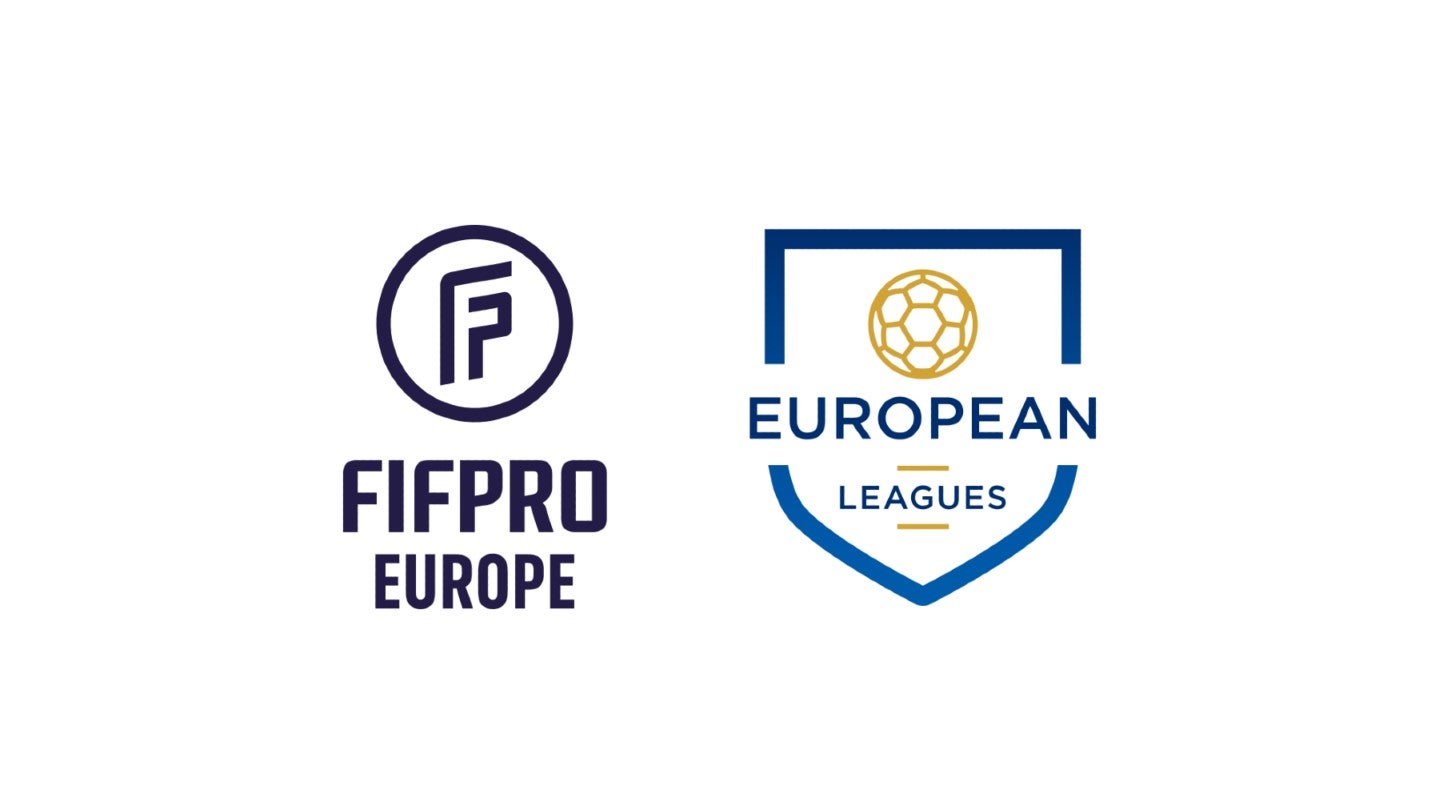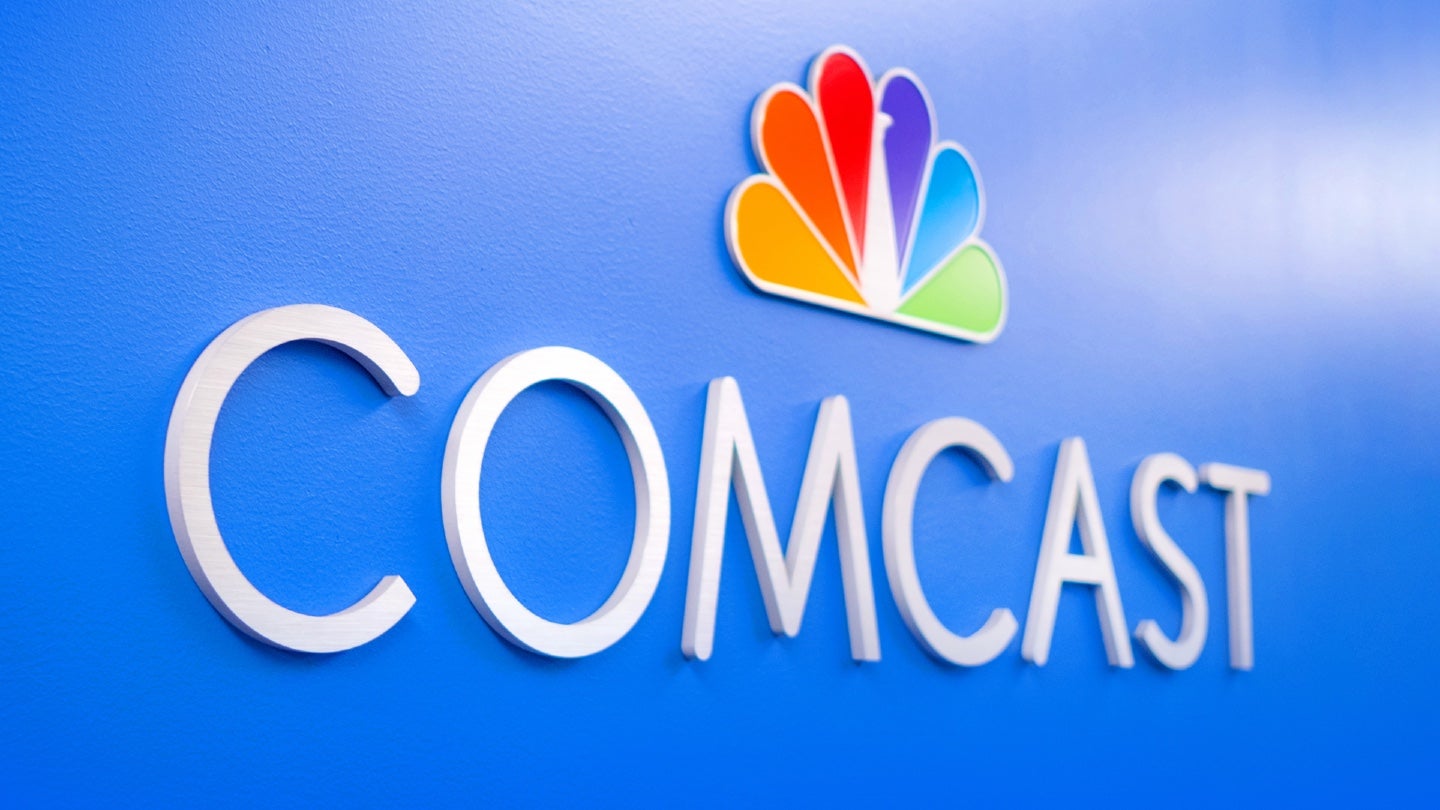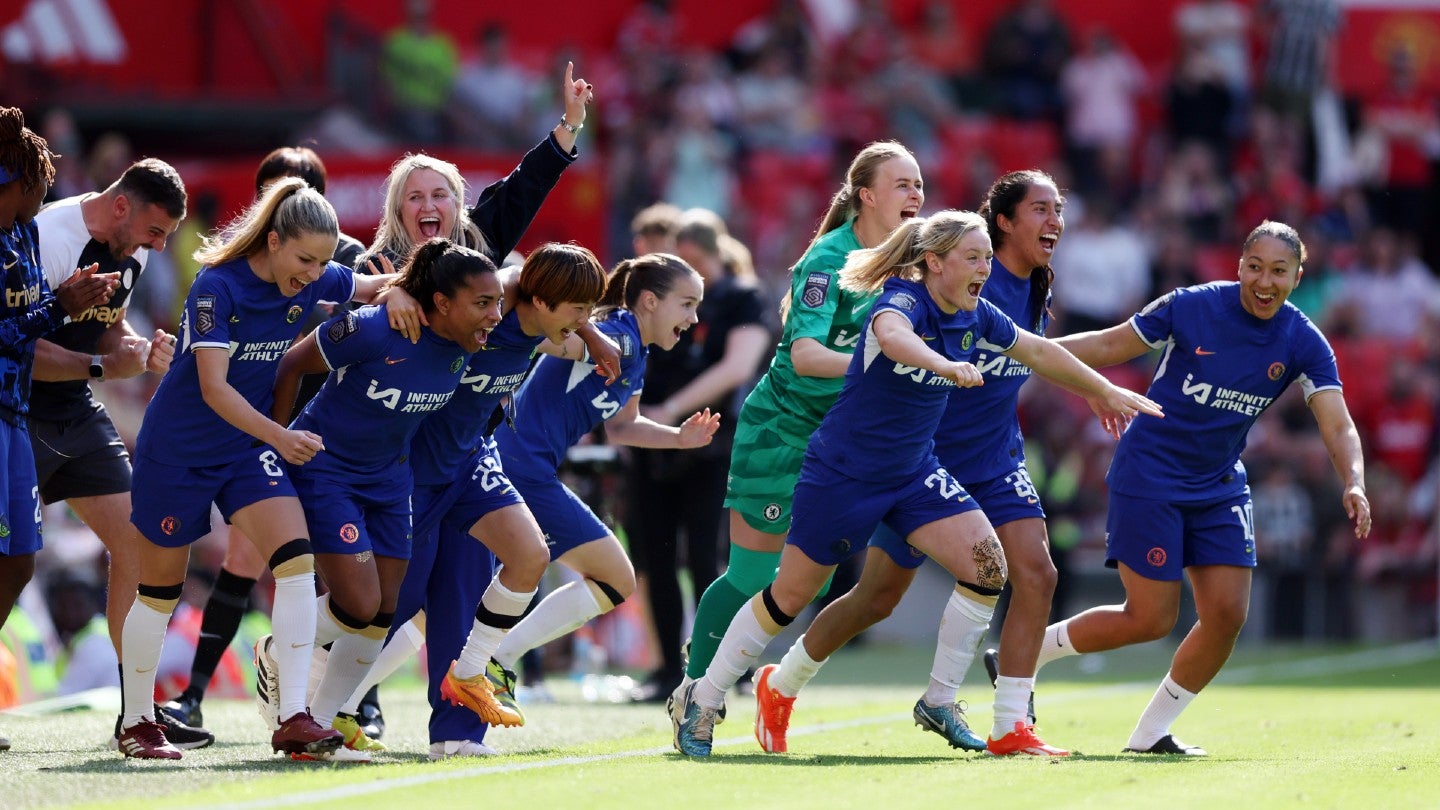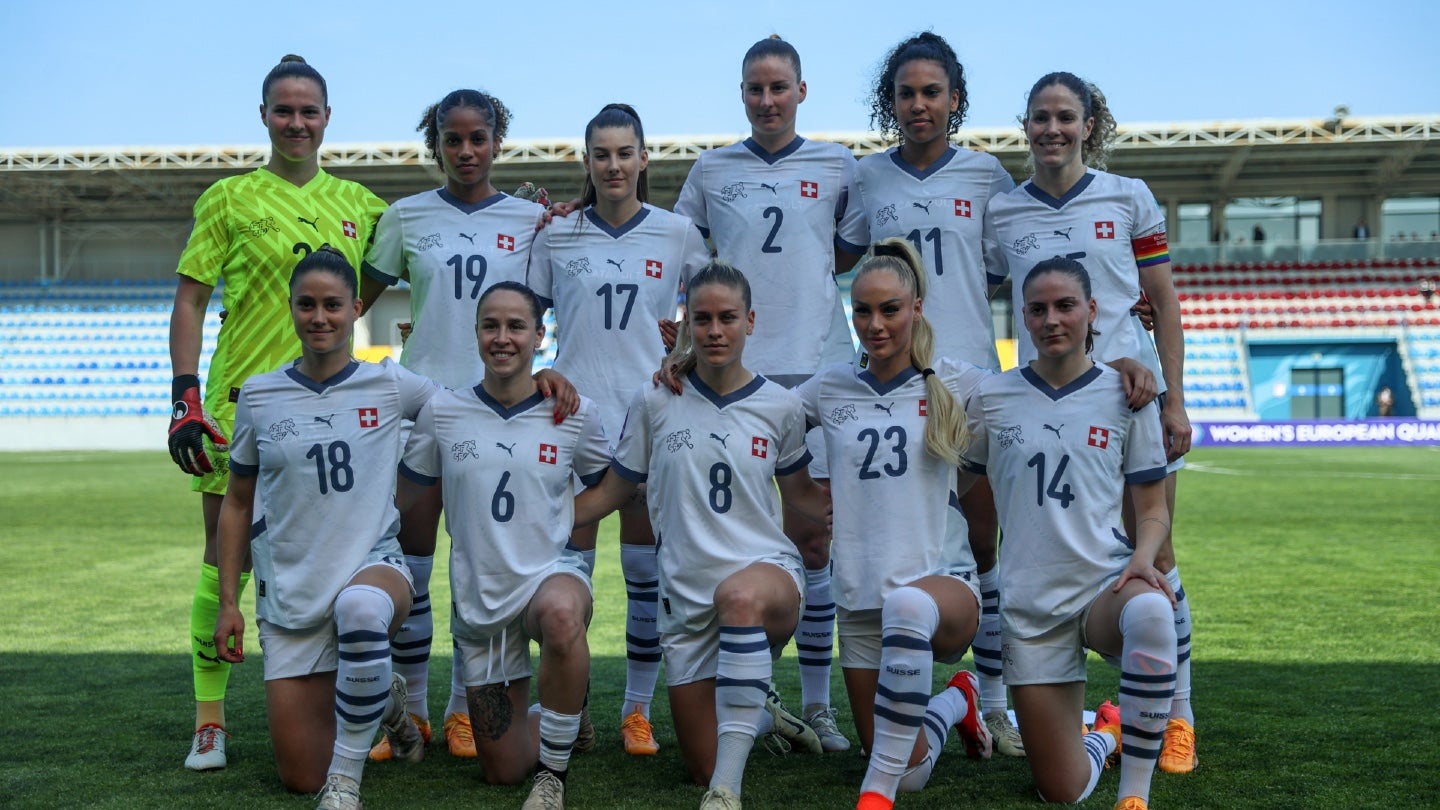The European arm of FIFPRO, the global labor union for professional soccer players, and European soccer league representative organization European Leagues have announced their intention to jointly file a complaint to the European Commission EU executive chamber against global soccer governing body FIFA over its global calendar.
The complaint, formally filed in conjunction with Spain’s top-flight, LaLiga, regards FIFA’s organization of the global match calendar, which FIFPRO and European Leagues argue endangers player welfare and infringes upon league governance.
FIFPRO and European Leagues also allege that the calendar is in breach of EU competition law by its unilateral decision-making, creating a conflict of interest as FIFA is both a competition organizer and “global regulator”, a factor that the two bodies say constitutes “abuse of dominance” and inhibits collective decision-making at league and club levels.
In a statement, European Leagues said: “For several years, the leagues and player unions have repeatedly urged FIFA to develop a clear, transparent, and fair process regarding the international match calendar. The latest formal request was sent ahead of the FIFA Congress and Council in May 2024. Regretfully, FIFA has consistently refused to include national leagues and player unions in its decision-making process.
“Legal action is now the only responsible step for European Leagues and player unions to protect football, its ecosystem and its workforce from FIFA’s unilateral decisions.”
In response, FIFA published a statement firing back at the allegations and took aim at its detractors, arguing that the calendar was agreed on by the FIFA Council which includes representatives from European soccer, and was crafted with consultation from league bodies and FIFPRO itself.
The governing body said on social media platform X (formerly Twitter): “FIFA’s calendar is the only instrument ensuring that international football can continue to survive, co-exist, and prosper alongside domestic and continental club football.
“Some leagues in Europe - themselves competition organizers and regulators - are acting with commercial self-interest, hypocrisy, and without consideration to everyone else in the world. Those leagues apparently prefer a calendar filled with friendlies and summer tours, often involving extensive global travel.
“By contrast, FIFA must protect the overall interests of world football, including the protection of players, everywhere and at all levels of the game.”
The announcement directly follows FIFPRO taking direct legal action against FIFA in Belgium’s Brussels Court of Commerce via the respective players unions of England and France, which brought a case against FIFA regarding the revamped Club World Cup (CWC) competition in 2025, which they say exacerbates soccer’s scheduling issues and is indicative of the sport’s oversaturated calendar.
Next year's FIFA CWC is set to be the first to include 32 teams - up from eight currently - through a new format in which FIFA’s continental governing bodies will all - apart from the Oceania Football Confederation (OFC) - receive multiple team slots.
The tournament will be contested every four years during the summer when players and teams would traditionally get a period of rest. However, with the number of summer international tournaments (both continental and global), the expansion of fixtures in the UEFA club competitions, in addition to the usual domestic calendars, player welfare has become a pressing concern.
FIFPRO has argued many times that FIFA’s CWC plans are excessive and that the number of games globally should be reduced, and not increased. In May, FIFA responded to deny the arguments, stating that its decisions for the soccer calendar are unilateral.
Now FIFPRO is challenging this unilateral declaration, saying that it violates numerous tenets of the EU Charter of Fundamental Rights (EUCFR), namely articles 5, 15, 28, and 31, which FIFPRO says respectively relate to: “The prohibition of forced or compulsory labor, freedom of work, the right to negotiate and conclude collective agreements, the right to healthy working conditions and the right to an annual period of paid leave.”
FIFPRO stated: “FIFA finds it normal to unilaterally and abusively occupy an area which – in modern and open governance – naturally falls within the remit of the social partners and therefore of the negotiation of collective agreements between player unions and employer organizations.”















